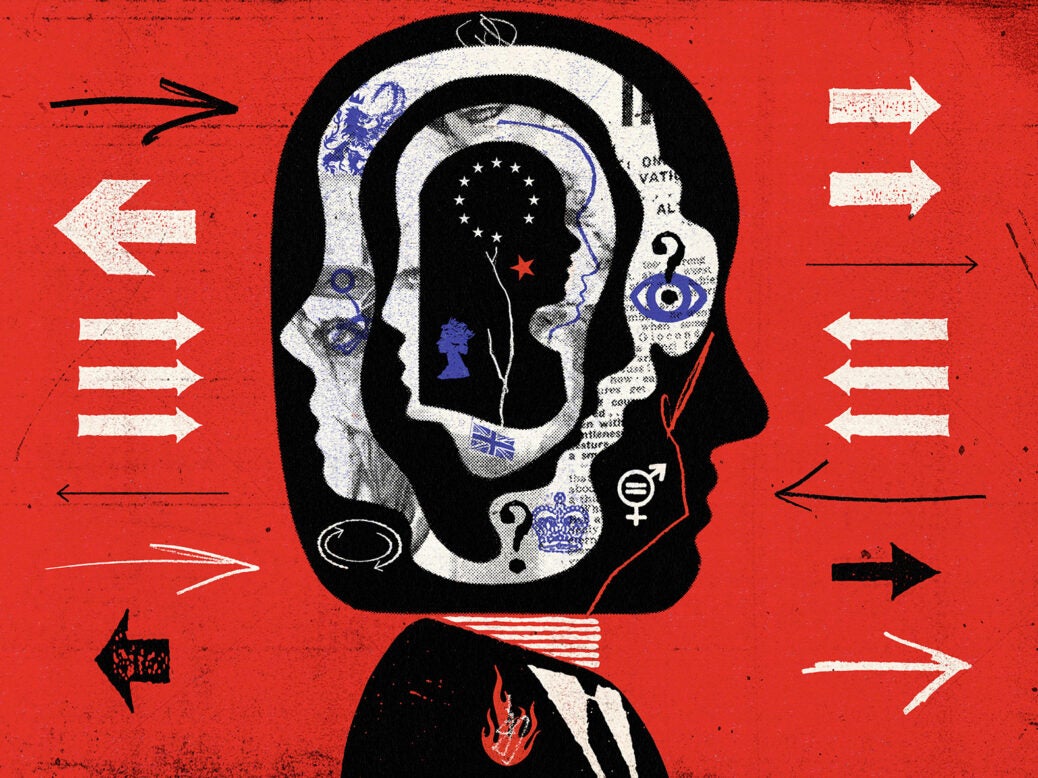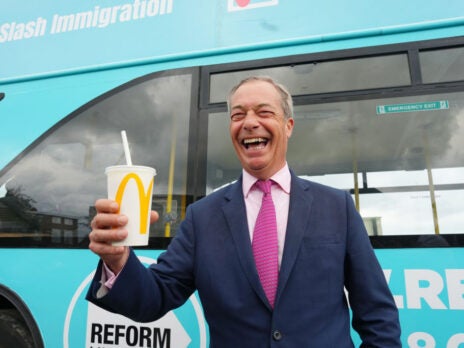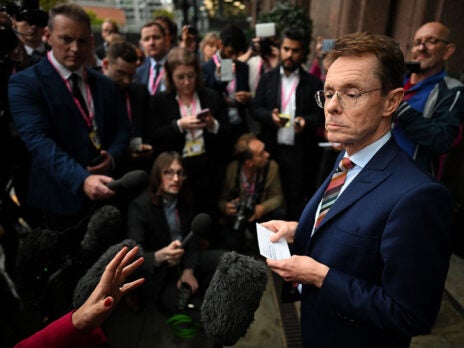
The Conservative Party is in a tricky position on trans issues, one concerned Tory adviser put it to the New Statesman recently. If the party focuses on questions of trans rights, as Boris Johnson has attempted to do in recent weeks, then the Tories end up looking obsessed and divided (a charge they’re trying to pin on Labour). At the same time, a vacuum is left open for opposition parties to talk about voter priorities, like living standards.
For some insiders, the strategy of the Johnson administration to whip up various societal issues into culture wars (such as “wokeing from home”) causes too much division within the party to make it worthwhile. For example, the 2019 intake of younger, more socially liberal Tory MPs are already bumping up against their local associations for taking a more progressive line on these subjects than their constituency activists (who just expect them to “stick a rosette on a cow” come election time rather than campaign against conversion therapy, as one party veteran puts it).
New polling by the Global Future think tank, revealed exclusively by the New Statesman, suggests voters are unlikely to be motivated by so-called culture wars in general. The British public is far less divided on these subjects than politicians may lead us to believe: a revelation that could have particular ramifications for the modern Conservative instinct to campaign on issues of identity.
Take British history, a classic “culture war” subject that Conservative ministers regularly bring up to suggest Labour and its supporters are ashamed to be British. The polling – part of Global Future’s The Centre Holds report and conducted by YouGov* – shows a majority (77 per cent) believe Britain has done good in the world, at least some of the time, and 78 per cent believe it has also done some damage.
This is a majority view among Labour and Conservative votes, and Leavers and Remainers alike.
There is a similar consensus when you ask voters about racism, which the government attempted to minimise in its briefings ahead of last year’s Race and Ethnic Disparities report. In reality, two thirds of people (65 per cent) say racism is a factor explaining disparities between racial groups (with just 9 per cent dismissing it as a factor). Plus, 68 per cent of respondents say most or a fair amount of white people have “unconscious racial biases” (a view shared equally among Tory and Leave voters, at 61 per cent).
On top of this, four in five respondents believe it’s important to be attentive to issues of racial inequality and social justice, including the majority of Tory voters (77 per cent) and those who voted Leave in the EU referendum (74 per cent). Being “attentive to issues of racial inequality and social justice” happens also to be the Merriam Webster dictionary definition of “woke” – an adjective some elements of the Conservative Party and right-wing press rail against.
Even if you accept that because of its widespread pejorative use, “woke” essentially means “politically correct” in voters’ minds (though a third say they don’t know what it means at all), there is still not an obvious repudiation of political correctness among voters. The plurality of respondents (37 per cent) say they are unaffected by a party being politically correct, while more voters would think more favourably of a politically correct party than less (25 per cent vs 21 per cent), and 17 per cent don’t know.
The public is also less preoccupied with being “cancelled” than some politicians and commentators would have us think. Over three quarters (76 per cent) are comfortable discussing race and identity – and a significant majority (67 per cent) feel comfortable discussing identity at work.
On the question of immigration and refugees, another policy area over which the government is happy to appear hostile – most recently announcing a policy to deport asylum seekers to Rwanda – there is a notable lack of extreme views. A majority of British people (79 per cent) believe there should be immigration into Britain but with restrictions, while only a tiny minority believe there should be absolutely no immigration (4 per cent), and a similarly small proportion say there should be open borders (3 per cent).
On trans rights, which have exposed divisions in both the Conservative and Labour parties in recent weeks, a plurality of voters (43 per cent) believe people born as women who have had gender reassignment surgery should be recognised as men and vice versa. There is a similar consensus (45 per cent) saying that if a person has not had surgery they should not be recognised as the sex with which they identify (a quarter says they should). On the latter question, a third – at 32 per cent – say they are “not sure”, suggesting this issue is something new and unfamiliar to a significant proportion of voters.
Lastly, if you look at European Union membership, perhaps the greatest “culture war” of all – at least in England – it’s clear that Remain voters are actually in less of a “bubble” than Leavers are.
While the numbers of voters who think the British people in tandem with them is low across the board – across all societal divides, it is notable how 14 per cent of Leave voters think most of the country is in concurrence with their own views. This compares with just 8 per cent of Remain voters.
*Polling conducted on 6 and 7 April 2022 on a weighted sample of 2,244 respondents in Great Britain.


